Accordingly, Decree No. 261/2025/ND-CP stipulates raising the maximum income of people when considering buying or renting social housing to 20 million VND/month for individuals, 30 million VND for single individuals raising children under the age of majority and 40 million VND/month for households. This figure was previously 15 million VND and 30 million VND for individuals and households.
At first glance, this seems to be a technical adjustment in the approval process for purchasing and leasing social housing. But more deeply, it is a policy decision with many layers of meaning, not only in terms of economics but also in terms of fairness, humanity and proactive social security.
Over the years, the concept of low income in social housing policies has become increasingly unrealistic. Previously, social housing was often associated with people in difficult circumstances and low income. But in reality, the scarcity of affordable housing is increasingly affecting the middle-income group, especially young people living and working in urban areas. While housing prices in Ho Chi Minh City, Hanoi and other large cities continue to climb, people with an income of more than 15 million VND/month - beyond the conditions to access social housing - are still completely unable to buy a commercial apartment that usually costs 2 - 3 billion VND. With this income, paying in installments over several decades also becomes a heavy burden. This case is no longer a minority - but the majority in society.
Therefore, raising the income level to access social housing shows the spirit of adapting policies to new socio-economic conditions, where intellectual workers are also becoming victims of the housing crisis. This is not simply opening the door to access policies - but also has a greater meaning - opening a way to settle down for millions of people stuck between expectations and reality.
A roof is not only a shelter from the rain and sun, not only a place to return to, but also a spiritual foundation, a motivation for people to feel secure in their careers, to maintain their labor, to maintain their faith in the place where they live and work. When young people are forced to live in cramped rented houses, or to work dozens or hundreds of kilometers away because they cannot afford to buy a house near their workplace - it is not only a personal problem, but also a problem of unsustainable urban development.
Therefore, the policy of raising income levels is a way to retain human resources, expanding the right to settle down for the workforce that is being excluded from the housing market - because they do not meet the low income conditions to be helped, and also do not have enough high income to take care of a roof over their heads. This represents a broader vision of social security - to give equal opportunities for everyone to rise up, to have the right to live decently in the very place they are contributing to build.
However, as more people become eligible, it is necessary to have a clear classification mechanism, prioritizing according to income level, family circumstances, real needs and length of stay. At the same time, it is necessary to strictly control and make transparent the entire approval process, avoiding the situation of "running for a spot" or buying and selling for profit. Otherwise, those who truly deserve support may continue to be left out of the game, giving way to those with better connections or economic conditions.
Decree No. 261/2025/CP-ND has opened the way for settlement in the increasingly harsh urban areas, where the dream of a roof over one’s head seems close but becomes far away. And if properly implemented, this policy will help people find a place to live, helping society harmonize between economic development and social justice - something that any civilized country pursues.
Source: https://baodaklak.vn/kinh-te/202510/mo-loi-an-cu-khang-dinh-vai-tro-an-sinh-cua-nha-o-xa-hoi-c9e15c3/





![[Photo] Solemn opening of the 1st Government Party Congress](https://vphoto.vietnam.vn/thumb/1200x675/vietnam/resource/IMAGE/2025/10/13/1760337945186_ndo_br_img-0787-jpg.webp)


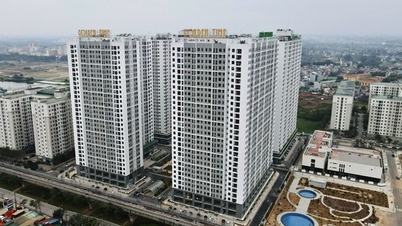

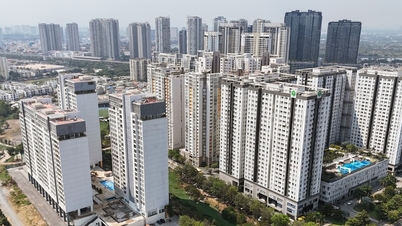

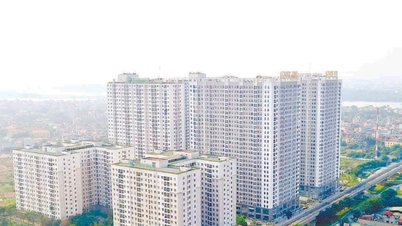

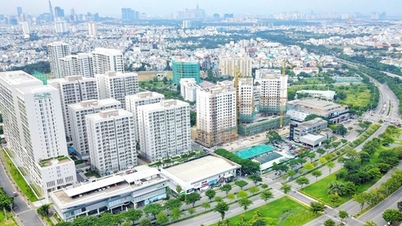
![[Photo] Prime Minister Pham Minh Chinh chairs meeting on breakthrough development of social housing](https://vphoto.vietnam.vn/thumb/402x226/vietnam/resource/IMAGE/2025/10/11/1760173455720_dsc-3201-jpg.webp)



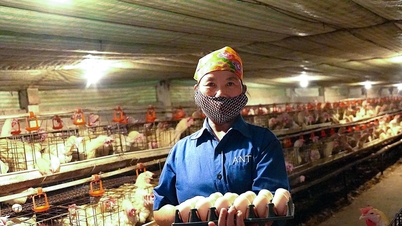




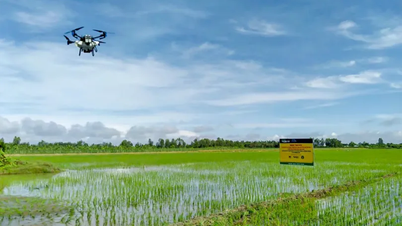

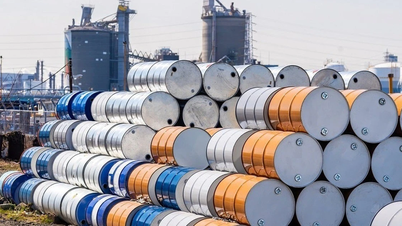






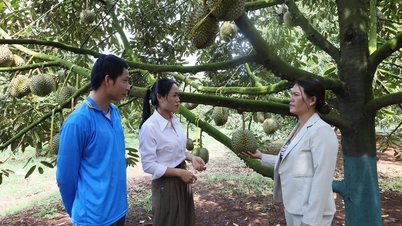
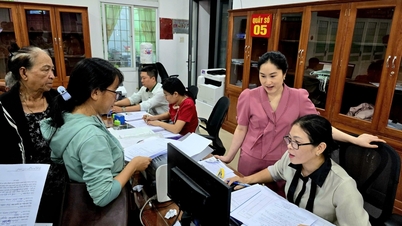

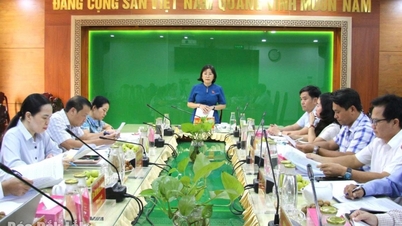
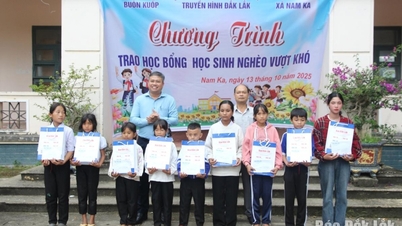
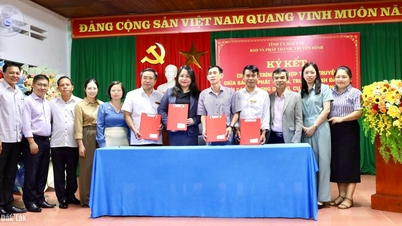































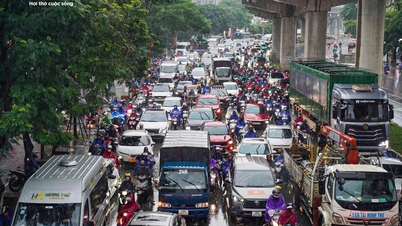



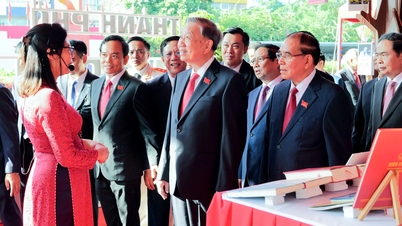
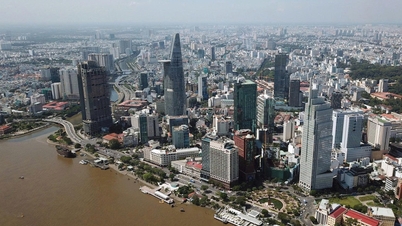






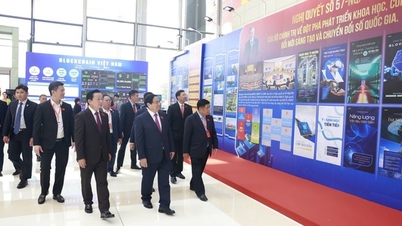
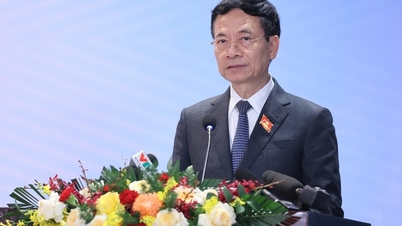



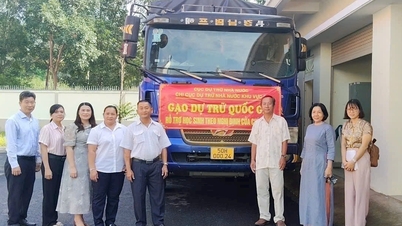


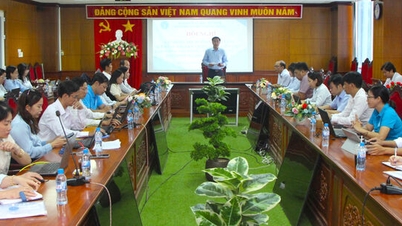

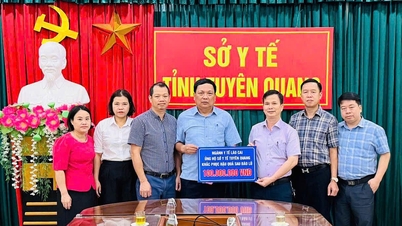

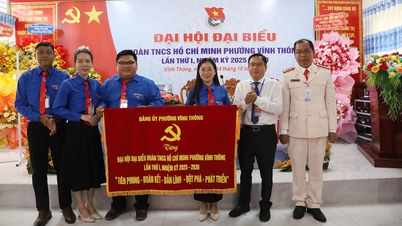














Comment (0)